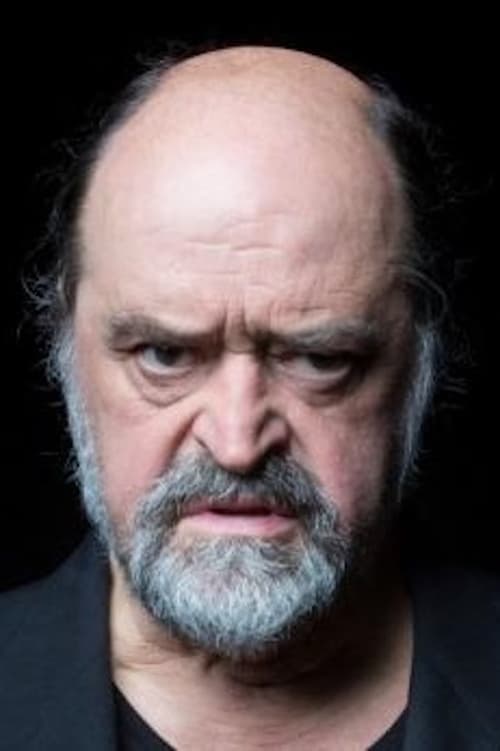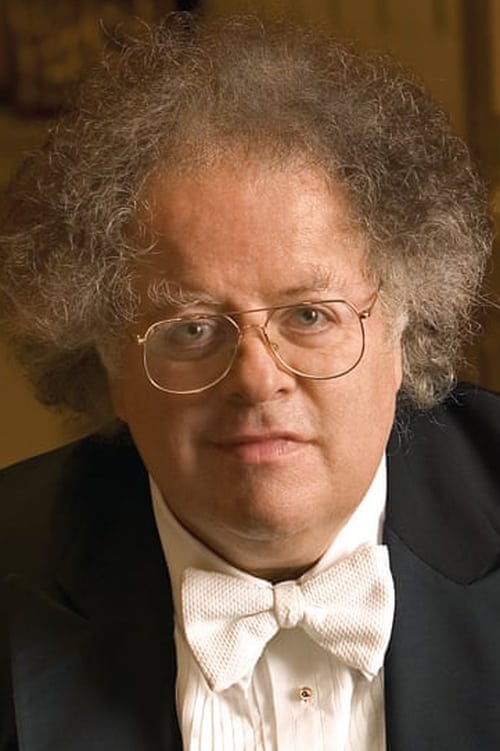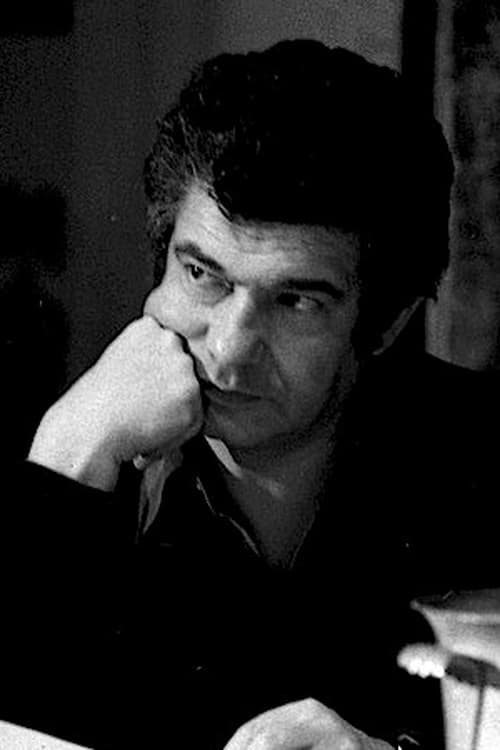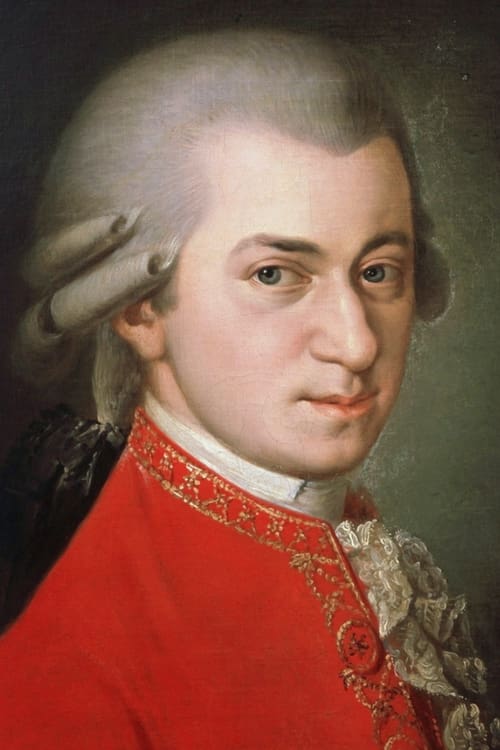La Clemenza di Tito (1980)
ジャンル :
上映時間 : 2時間 16分
演出 : Jean-Pierre Ponnelle
シノプシス
"La Clemenza di Tito" was Mozart's last stage work. It was commissioned for an Imperial coronation ceremony while Mozart was at work on "Die Zauberflöte" and was composed in great haste. Indeed, time was so short that composition of the secco recitatives was assigned to Mozart's pupil Süssmayr. As in the earlier "Idomeneo", Mozart sought to produce an opera seria that was dramatically viable. He enlisted the poet Mazzolà to substantially revise the Metastasio libretto, which had already been set some fifty times. The number of arias was reduced from 25 to 11, and ensembles and choruses were added to enliven the proceedings. Though perhaps not the very top-drawer Mozart, the music is wonderful.

During World War II, two French civilians and a downed British Bomber Crew set out from Paris to cross the demarcation line between Nazi-occupied Northern France and the South. From there they will be able to escape to England. First, they must avoid German troops - and the consequences of their own blunders.
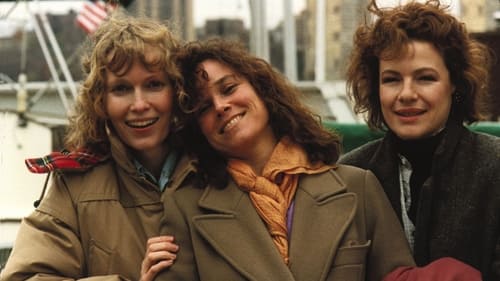
ハンナ、ホリー、リーの芸術家三姉妹と、二人の男性の恋愛関係を絡めながら、“人生のほろ苦さ”を描いた感動作。シニカルなのにコミカルで、でもその視点は終始温かいというアレンならではの作品。
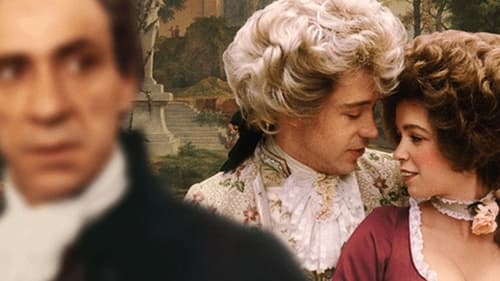
1823年11月のある晩、ウィーンの街でひとりの老人が発狂して自殺を図り、病院へ運ばれた。この老人は、かつてウィーンで最も尊敬された宮廷音楽家、アントニオ・サリエリ。数週間後、サリエリの告白を聞くために若年の神父・フォーグラーが病室を訪れた。やがて、サリエリの回想が始まった…。イタリアに生まれたサリエリは、作曲家として優れた才能を持っていた。やがて音楽の都ウィーンへ赴き、皇帝ヨーゼフ2世付きの宮廷音楽家になった。そんな順調なサリエリの人生も、天才ヴォルフガング・アマデウス・モーツァルトに出会ったことで狂わされていく…。
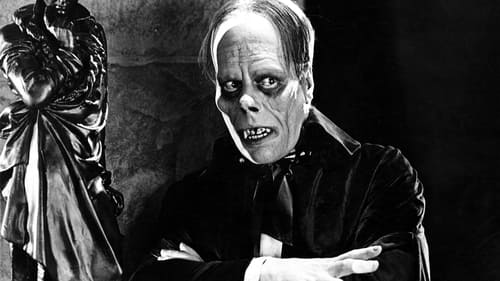
A grotesquely disfigured composer known as "The Phantom" haunts Paris' opera house, where he's secretly grooming Christine Daae to be an opera diva. Luring her to his remote underground lair, The Phantom declares his love. But Christine loves Raoul de Chagny and plans to elope with him. When The Phantom learns this, he abducts Christine.

Mozart’s allegorical fairy tale has charmed audiences and inspired artists, for more than 200 years. A few weeks before this telecast, the Met unveiled a new production of the opera featuring the colorful designs of acclaimed artist David Hockney. His bold colors and vivid images enchanted audiences and seemed to inspire the striking cast, led by James Levine’s affectionate conducting. Francisco Araiza is the young prince Tamino, who finds himself in a strange land, forced to undergo mysterious tests so he can rescue, then marry, the woman he loves, Pamina, played by Kathleen Battle. Kurt Moll is the compassionate Sarastro and Luciana Serra is the Queen of the Night.

An adaptation from the controversial John Adams opera about the true life incident that took place in the mid 80s. The liner "Achille Lauro" is on a 12-day cruise in the Mediterranean. While the ship is docked in Alexandria, a maid discovers that four of the passengers are actually members of the Palestine Liberation Organization traveling incognito. Startled by their discovery, the PLO cadre is forced to act. They take the passengers on board hostage and demand the release of 50 Palestinian activists held in Israeli jails. As Egyptian, American, Italian, and Palestinian authorities bicker over the best way to handle the situation (and who would negotiate with the terrorists), the kidnappers find themselves dealing with rebellion among their captives, and an argument between the four PLO members and Leon Klinghoffer, a Jewish-American confined to a wheelchair, eventually escalates into violence.

A young girl and her father are kicked out of their house by a cruel noblewoman, and the girl's heart is broken when her sweetheart, the noblewoman's son, won't go to Paris with them. After becoming an opera star in Paris, the girl returns to her homeland and finds her romance with the nobleman rekindled.

Count Almaviva is in love with Rosina. However, she is currently staying with Dr. Bartolo – who desires to marry her. By using a series of disguises, Almaviva manages to pass letters to Rosina and serenade her with his beautiful voice. Dr. Bartolo does his best to stop Almaviva but is constantly thwarted. In the end, Count Almaviva marries Rosina and Dr. Bartolo comes to terms with his defeat.
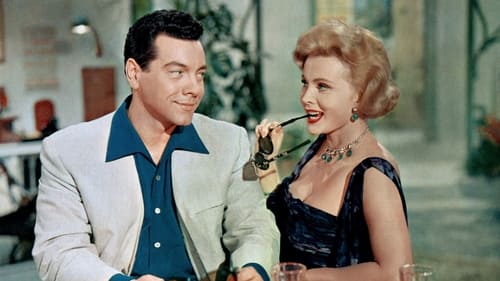
In this musical, a tempermental opera singer falls in love with a hearing-impaired young woman.
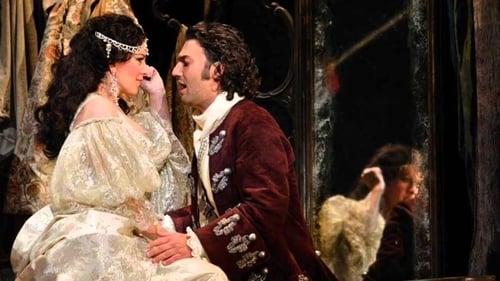
Starring Angela Gheorghiu as the celebrated French actress Adriana Lecouvreur and Jonas Kaufmann as her lover Maurizio, Count of Saxony, Cilea s verismo drama explores celebrity, romance, jealousy, and death. The trio of sublime voices is completed by Russian mezzo-soprano Olga Borodina as Adriana s jealous rival, the Princess de Bouillon. David McVicar s hit production the first performance of the opera at the Royal Opera House, Covent Garden for more than a century presents the life of the French actress as a blurring of the distinction between fantasy and reality. The action revolves around a life-size Baroque Theatre, taking us from the bustle and colour of the first act backstage at the playhouse, to the bare final scenes as the drama reaches its fatal climax.

Seeking to exorcise the failure of his current love affair, the poet Hoffmann tells the tales of his three past loves - the doll-like Olympia, the high-class courtesan Giulietta, and the ambitious but delicate Antonia - and recalls how each was thwarted by the evil influence of his rival. In this production by the distinguished film director, John Schlesinger, with spectacular designs by Maria Bjornson and William Dudley, Offenbach's nightmare world is brought to life. The all-star cast is headed by Placido Domingo as Hoffmann: his three loves are Ileana Cotrubas, Anges Baltsa and Luciana Serra and the manifestations of his rival are sung by Geraint Evans, Robert Lloyd, Siegmund Nimsgern and Nicola Ghiuselev. The score, which includes such favourites as the "Barcarolle" and the "Doll's Song", is conducted by Georges Pretre.

A documentary film about singing and a young man in search of himself and his voice.

オットー・シェンクが演出したJ. シュトラウスの喜歌劇「こうもり」を収録した映像作品。
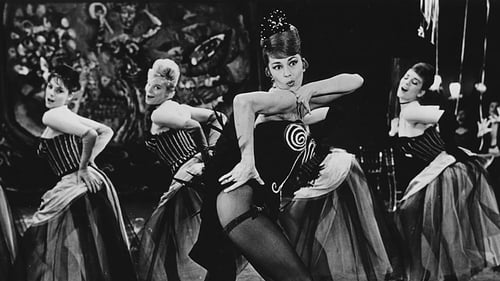
Lively scenes of Paris, all narrated by Maurice Chevalier, link together four dramatic ballet choreographies by Roland Petit: La Croqueuse de diamants (The Gold Digger), Cyrano de Bergerac, Deuil en 24 heures (A Merry Mourning), and Carmen.

Celebrated Swedish opera star Karin Anderson is slated to appear in an internationally-telecast production of Tannhauser. Ms. Anderson balks at the notion of working with obscure Hungarian conductor Zoltan Szanto. The much-anticipated production may never get off the ground, thanks to labor-management difficulties, intramural jealousies, and clashing egos. Amidst all this chaos, the mismatched Anderson and Szanto fall in love.

La Scala went all out for its 1986 production of this grandest of grand operas, with a strong cast and, most important for a video recording, a larger-than-life staging. The Triumph Scene in Act II is by no means Aida's only attraction, but it is the part that makes the strongest and most lasting impression and it is the visual and musical climax of this production. Stage director Luca Ronconi brings on a procession to dwarf all processions: looted treasures, heroic statuary, miserable captives struggling under the lash of whip-bearing slave drivers. On par with these visuals is Lorin Maazel's first-class performance of the popular Grand March with the outstanding La Scala chorus and orchestra. In Act III, the contrasting tranquility of the Nile Scene also gets a visual treatment to match the music's qualities.
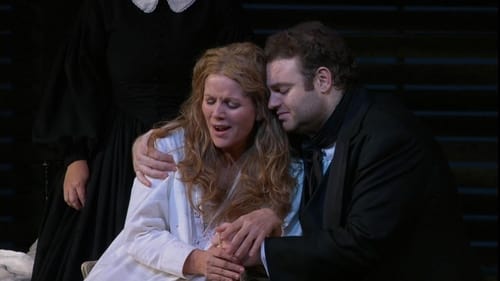
Renée Fleming has matured into one of the finest sopranos around at the moment, a true star with a sparkling personality and a velvet-toned voice that is capable of wringing the finest emotions out of works by Strauss and Tchaikovsky that from a lesser singer could sound rather cold and clinical. I wouldn't have thought her voice would be so well suited to Violetta Valéry in La Traviata, and it does take some getting used to, but I think she at least brings a distinct quality to the role with an emotional heart that isn't always necessarily there when a leading diva uses it primarily as a display for her vocal talents. It's served well also by Antonio Pappano's conducting of the Royal Opera House Orchestra in a traditional, but effective production by Richard Eyre.

Verdi’s monumental score is fully the equal of Shakespeare’s famous tragedy—and both demand great actors. This is one performance where both playwright and composer are well served. Plácido Domingo’s Otello is one of the glories of the operatic world, beautifully sung and so commandingly acted that audiences are devastated by the end. Renée Fleming’s ravishingly beautiful Desdemona is deeply moving, and as Iago, James Morris is as beguiling as he is menacing. Under James Levine’s conducting the Met orchestra and chorus are vital characters in the drama.

Including world-class artists such as Bryn Terfel, Cecilia Bartoli, Anne Sofie von Otter, Jose Cura, Simon Keenlyside and Agnes Letestu, this 50-minute sampler will give you a taste of many beloved classics in opera and ballet.

The career of Maria Callas was just a bit too early and too brief to receive full and satisfying video documentation like that now being accorded to such singers as Renée Fleming and Luciano Pavarotti. This black-and-white televised recital (Callas's Paris debut) took place at the Paris Opera on December 19, 1958 when television was still in its infancy. We might wish that it had happened earlier, when her voice was in better condition, or later, when video recording technology was more advanced--so that, for example, we would not have to take the narrator's word that Callas is wearing a red dress. But this is probably the best available Callas video recording, and her fans will welcome it warmly. Visual elements were as important as the vocal dimensions in her art.






